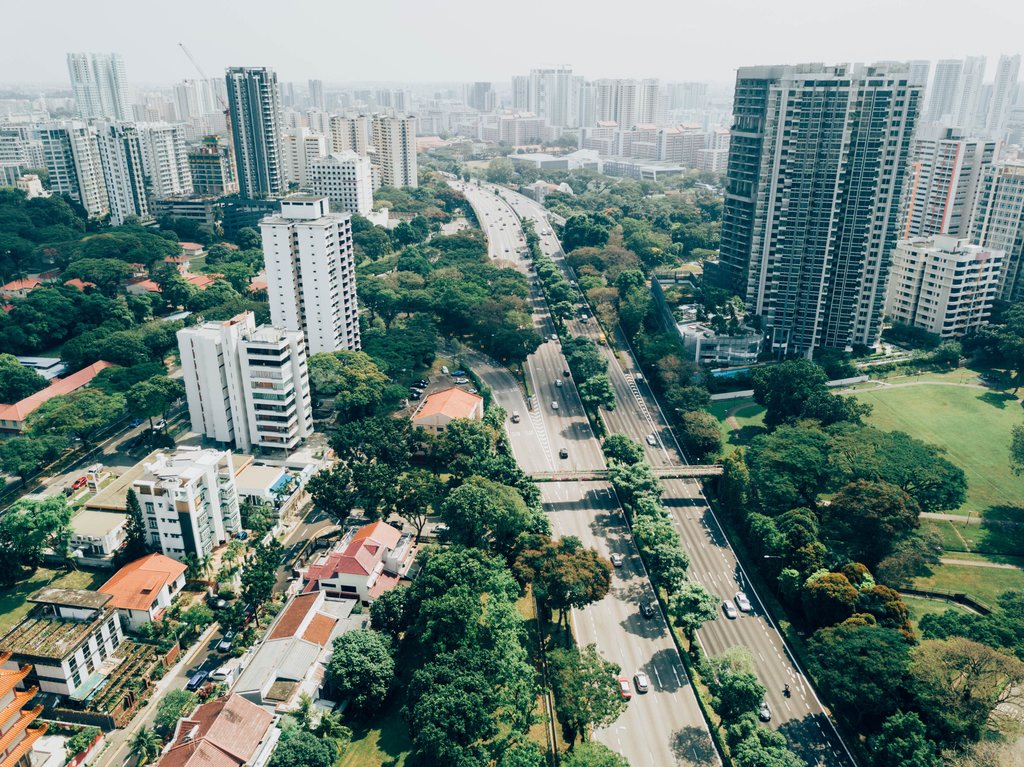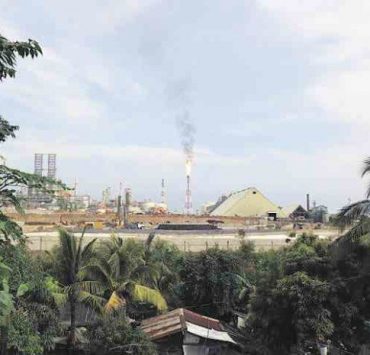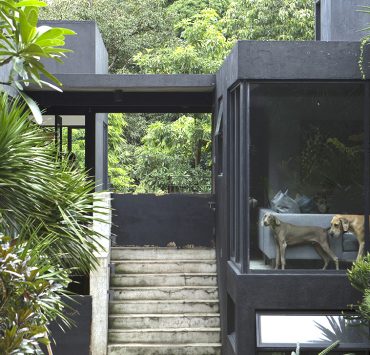Did you know that aside from the administration’s “Build, Build, Build” project, there’s also “Green, Green, Green?”
Introduced in March but just launched and had a recognition ceremony last Monday, Oct. 1 at the National Museum of Natural History, Green, Green, Green is a component of the massive national infrastructure development program that offers assistance to city governments with a purpose of making cities more livable and sustainable.
“What is missing in our cities today is the type of beautiful places we enjoy when traveling to some of the best cities in the world. In our drive to Build, Build, Build, I thought we should make sure to keep enough Green, Green, Green,” says Budget secretary Benjamin Diokno.

During the ceremony, Diokno and Program Manager and urban planner Julia Nebrija reiterated that there are 143 cities which submitted design proposals to fund the expansion and rehabilitation of parks, plazas and waterfronts, and streetscapes. They were then reviewed by a team composed of landscape architects, and urban planners and designers according to accessibility, usability of spaces, ecosystem services, and administrative management.
They’ve also announced the first batch of cities with public open space projects that will receive funds as well as Kalumpit and Molave tree seedlings from the Department of Environment and Natural Resources. Among the 77 cities with approved projects are Baguio, Dasmariñas, Malabon, Puerto Princesa, Tagum, and Olongapo.
Under the 2018 national budget, the unique assistance program was given a P2.58-billion funding.
With the virtuous handling of funds and proper management of projects, the Green, Green, Green program indeed promises citizens with a better community to interact in.
Featured image courtesy of Unsplash
Get more stories like this by subscribing to our weekly newsletter here.
Read more:
The solution to Manila’s traffic problem may be in Pasig River
MMDA drafting plan to make Metro Manila globally competitive
Young Siargao-based architect plans to turn beach waste into buildings
Writer: YAZHMIN MALAJITO




